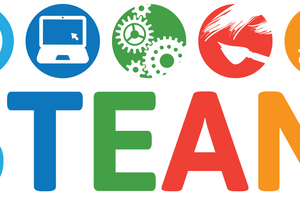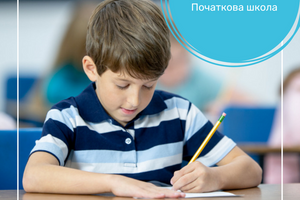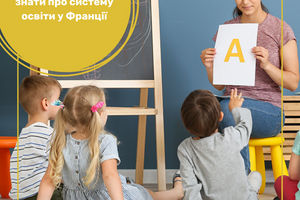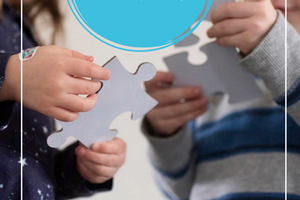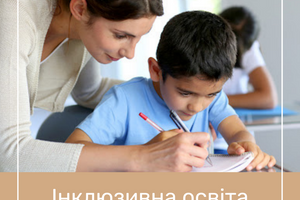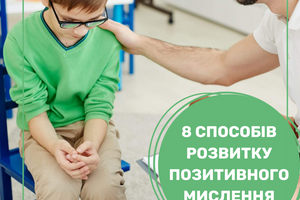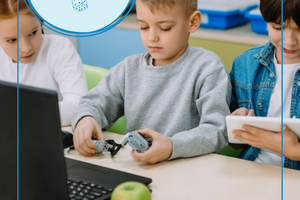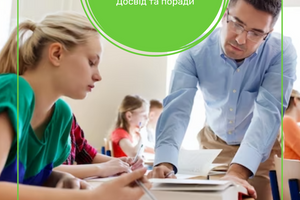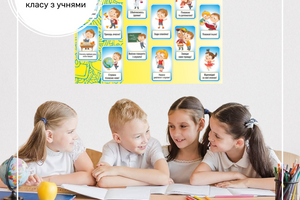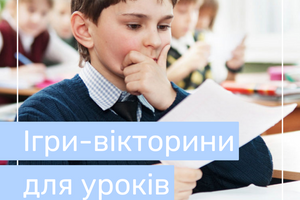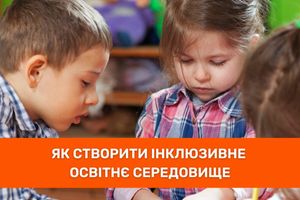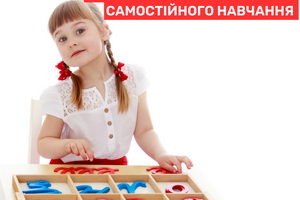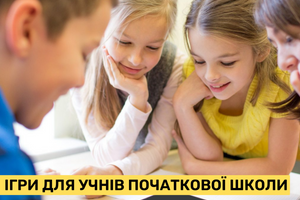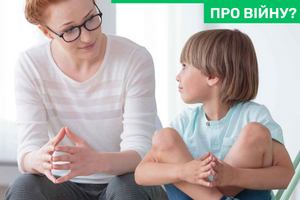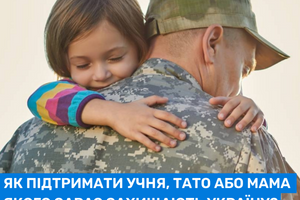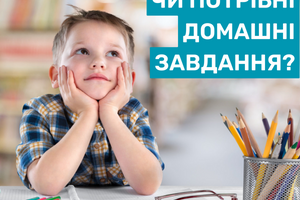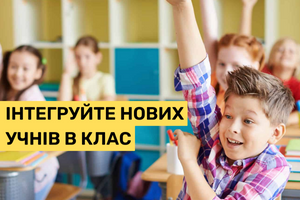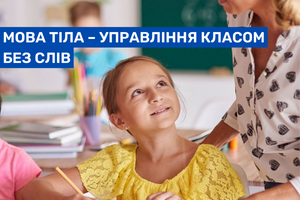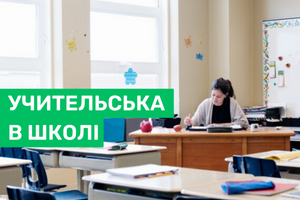In elementary school, not every student knows how to perceive and interpret their own feelings and emotions and the feelings of other children. If these skills are lacking, arguments and conflicts can easily arise between children, which can also affect the atmosphere in the classroom. Therefore, it is important to develop the social skills of students.
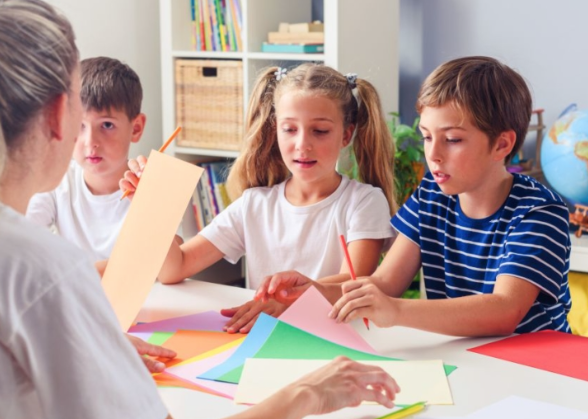
Content
Social skills at school
The importance of social learning in elementary school
List: social skills of students
How to develop social skills
What is meant by social competence in school?
Social skills include a whole set of values, behaviors and attitudes, such as empathy and the ability to accept criticism. Thus, they offer a framework of ethical standards and rules that ensure harmonious coexistence in groups.
Socially competent children:
- know how to behave properly in groups.
- understand social behavior in groups.
- can reflect on their behavior and the behavior of others.
- easily integrate and interact successfully in groups.
Thus, social skills are a necessary condition for students to work in the classroom community. Good collaboration, in turn, is fundamental to a positive learning environment and thus ensures good student (and teacher!) performance.
Social learning and the development of social skills are becoming increasingly important in elementary school
When we ask teachers, we get the impression that more and more children lack empathy and strategies to deal with feelings such as anger, fear or sadness.
For a variety of reasons, some children no longer seem to be learning enough of these and other social skills from their parents in the family. This can have a negative impact on learning and living together in the classroom.
Teaching social skills in schools
Thus, social learning, i.e. the development of students' social and emotional skills, is a topic that is becoming increasingly important in schools. The development of social skills is now firmly embedded in primary school curricula, frameworks and educational plans.
What are social skills?
12 important examples of harmonious coexistence at school:
- empathy
- critical thinking
- communication skills
- tolerance
- flexibility, self-awareness
- consciousness
- reliability
- a sense of responsibility
- willingness to cooperate
- fair game
- appreciation
- respect
An important part of social learning is working with emotions and feelings
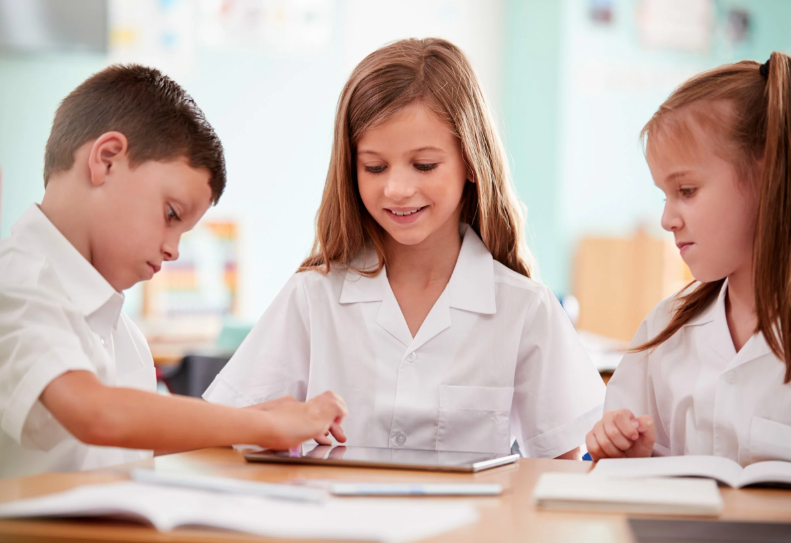
How do students learn social skills at school?
In order to interact and communicate in a socially competent way, it is important for children to be able to recognize, name and interpret their own feelings and emotions, as well as the feelings and emotions of others, and respond accordingly – in other words: behave socially.
1. Creation of conversational situations: morning circle and class council
Morning circles and class councils create conversational situations in which the class, with your support, can share feelings and emotions, arguments and anything that worries them. By talking about their feelings and the feelings of their classmates, children get to know each other better. Only those who understand why another person reacts the way they do can also understand and develop empathy.
Students are studying
- listen
- share your feelings
- acceptance and respect for the opinions of others
- compromise
- follow the rules of the discussion
- give constructive criticism and accept criticism
- resolve conflicts
- reflect on one's own behavior
2. Learning aids help in learning:
The importance of developing social skills is also reflected in the many teaching materials that now exist on the subject of feelings and emotions and which assist teachers in teaching this subject.
There are many materials that are based on visual representations and are therefore also well suited for students learning Ukrainian or a foreign language.
Picture cards showing gestures and facial expressions in a variety of moods enable children to interpret and name the emotions depicted, e.g. in an interview, they explain what they base their interpretation on. They also open up opportunities to speak and write, e.g. when and for what reason they last felt like the person depicted on the card. In this way, students learn to think about what can cause certain feelings. This self-reflection promotes empathy.
3. Change of point of view: role play
Role playing allows students to put themselves in another person's shoes. It is also about developing empathy and compassion. Examples help children better evaluate themselves and others in everyday situations. By experiencing different situations, children can develop coping strategies if they actually find themselves in a similar situation.
A role play where you give all the children the same starting point is very easy to do and also doable for elementary school children:
For example, a short sentence like: "It's starting to snow." Then each child can draw an emotion (anger, excitement, fear, disappointment...) from a box with trays prepared accordingly - this makes it more exciting. Children now use language, facial expressions, gestures and volume to present a small situation that matches the sentence and their feelings and represents them. Then others can think about what feeling was represented :)
Conclusion
These three examples are only the first starting points on the topic of "developing social skills" in order to teach students to cope with their own and others' feelings and emotions. Equally important is a strong sense of unity in the classroom, which can be fostered through, for example, joint activities, classroom rules and rituals, a positive learning environment, and forms of learning such as cooperative learning.









